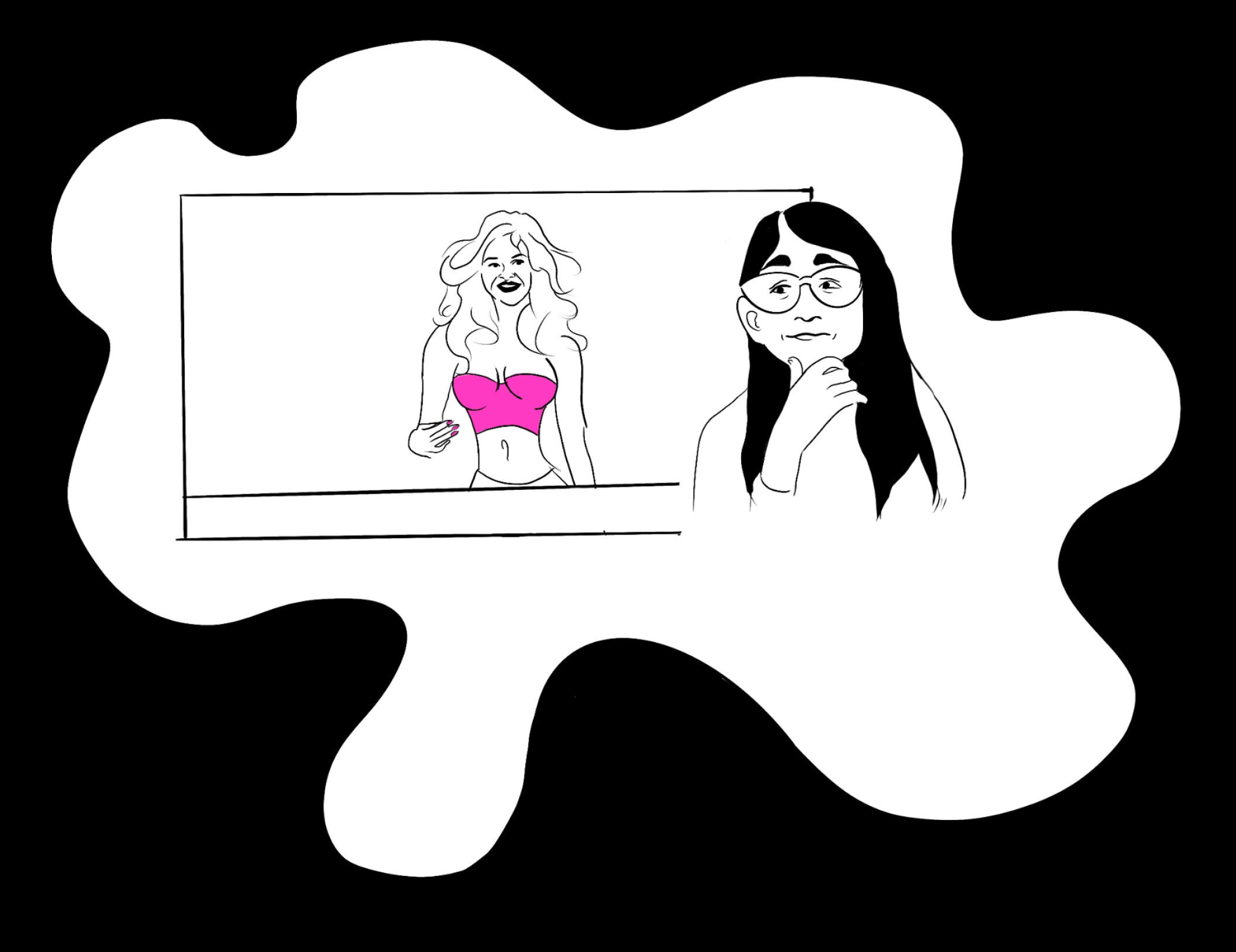From the John Hughes teen movies that dominated the 80s, to more contemporary series like “Riverdale” and “Gilmore Girls”, there’s often been a longstanding history of inaccurate representation of teenhood. Young adults are all too familiar with the time-tested tropes of complicated romances, dramatic friendships, and impulsive adventures. The transition between childhood and adulthood is, without a doubt, a fascinating time to depict in entertainment. And yet, most teen media seems to get stuck in the same cliched rut of high school inaccuracies.
To start, many high school shows and films cast actors who are well beyond their teen years. “Pretty Little Liars”, for example, was made up of a cast between the age range of 20-24. Nina Dobrev from “The Vampire Diaries” began to film at the age of 20. This phenomenon is problematic, as it creates standards for young audiences that simply aren’t realistic. Adult actors simply cannot capture the awkward phase between pre-pubescence and adulthood that all teens go through.
Taylor Reynaud and Josephine Smith, both Berkeley High School freshmen, agreed that perpetuating these unrealistic expectations can be harmful to young audiences. Reynaud referred to shows such as “Euphoria”, “Never Have I Ever”, and “Heartstopper”, which have all received significant praise and high ratings. Yet these shows, among others, may not represent the majority of teenagers lives.
“They’re accurate depictions of some peoples’ high school experience,” Smith said.
Reynaud commented on the possible causes for this by saying it is “probably older people writing (them.)”
It’s true that the writers and directors of these shows and films are not teenagers themselves. And while they have certainly been through the experience, it’s unlikely that filmmakers fully understand the intricacies of modern teenage life. This results in content that doesn’t reflect what today’s young adults experience.
The last piece in producing any kind of media is having an engaged audience that wants to watch whatever has been created. The question, then, lies in whether following the realistic life of an average teenager would be appealing to audiences. Do teens want to watch what they’ve been experiencing themselves?
“I think it makes it more dramatic and more interesting to watch,” Smith added, touching on the prevalence of unrealistic “teen” media. It’s unclear if less dramatized media would be able to compete with the teen shows we’ve grown accustomed to.
“I feel like it would be kind of boring, but I feel like if it was well executed then I would watch it,” Reynaud said.
The harm inflicted on young audiences by unrealistic standards is another tough question to answer.
“I think ... (kids) ... see these people and then they try and strive to be them, but it’s unhealthy and inaccurate,” Reynaud said.
“I think there could be ways to portray the drama without setting negative examples for kids,” Smith stated.
While it’s unlikely that teen films are going away, it is important to consider how youth are represented.





